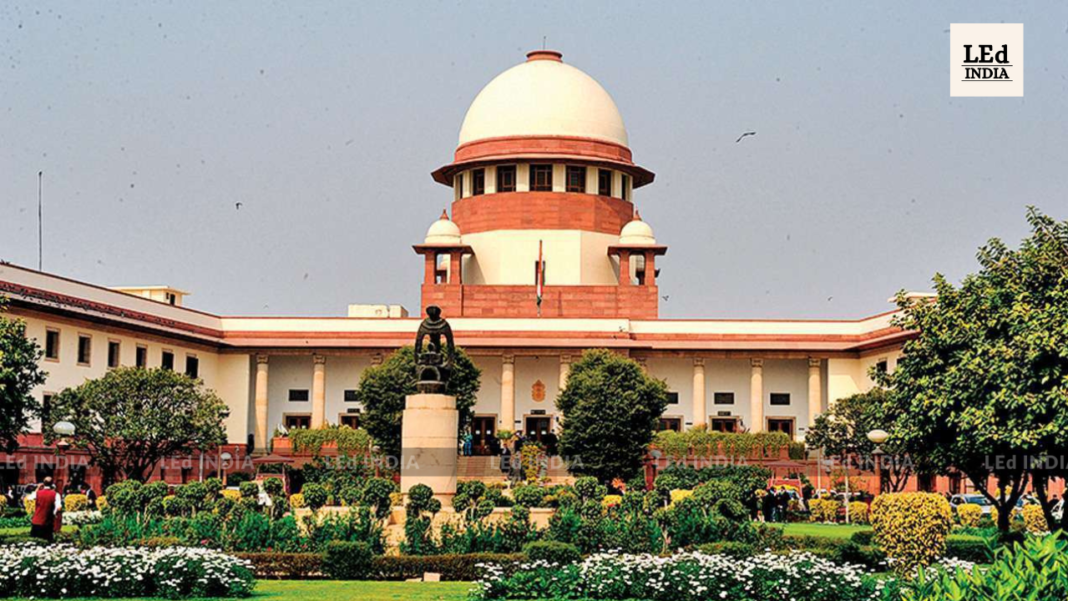The recent Supreme Court ruling clarified that the Disciplinary Commission, under the Central Civil Service Regulations, has the authority to appoint retired officials as investigators, and it’s not mandatory for the investigator to be a civil servant. The case involved the appeal of the Orissa High Court ruling against Rabbi Malik v. National Film Development Corporation. The Court highlighted the distinction between different rules and clarified that a retired officer can also be appointed as an inquiry authority. The Court’s decision overturned the judgment of the Central Administrative Tribunal Cuttack bench. The case arose when Jagdish Chandra Sethy appealed the appointment of retired police officers as investigators by the Disciplinary Commission, and the Court upheld the authority’s decision.
The Supreme Court recently held that under the Central Civil Service Regulations, the Disciplinary Commission has the power to appoint retired officials as investigators. It is not necessary Investigation officer should be a civil servant.
Supreme Court Composed of Judges Sanjiv Khanna and Vera M. Trivedi Hears Appeal of Orissa HC Ruling Against Rabbi Malik v. National Film Development Corporation, Retired Officer Should Be Appointed Investigator decided not to.
The court distinguished this and said it did not apply in this case. In this case, Rule 23(b) of his NFDC Rules of Procedure, 1982 applies, which expressly provides that the disciplinary authority may appoint a “public servant” to investigate employee misconduct. In this case, rule 14 Central Civil Service Regulation 1965 would apply if the Disciplinary Commission could appoint an “authority” to investigate official misconduct.
The court held thus “Therefore, the disciplinary authority is empowered to appoint a retired employee as an inquiry authority. It is not necessary that the inquiry officer should be a public servant. Hence, no fault can be found as the inquiry officer was not a public servant, but a retired officer.”
The Court also referred to Union of India v. PC Ramakrishnnaya which made a reference precedent set in the Alok Kumar case. The court noted that the Alok Kumar case had made it clear that Rule 9(3) used the word “other authority” and not “public servant” who may conduct an inquiry. It observed, “a retired officer could also be vested with the delegated authority of the disciplinary authority to hold the inquiry.”
The Court, therefore, granted the appeal and set aside HC’s judgment upholding the order of the Central Administrative Tribunal Cuttack bench.
Background of the Case:
Jagdish Chandra Sethy appealed the Disciplinary Commission’s order at the Cuttak Central Administrative Court. The agency claimed it did not record specific reasons for appointing retired police officers as investigators. The court also agreed and issued an order in his favour. For this reason, the applicant appealed to the Supreme Court, which again upheld the court’s decision. Accordingly, the applicants have appealed to the Supreme Court to challenge the HC decision at issue.




